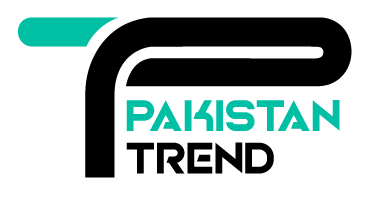Several European Union (EU) countries are currently experiencing significant shortages in healthcare-related occupations, as highlighted in the 2023 EURES report on shortages and surpluses.
Among the most sought-after roles are specialist doctors and nursing professionals, leading EU states to simplify work visa procedures to attract foreign talent, as reported by Schengen.News.
Countries notably affected by these healthcare shortages include Switzerland, Germany, Norway, Ireland, the Netherlands, Austria, and Denmark. In particular, Ireland and Switzerland heavily rely on foreign doctors and nurses. The highest dependency on foreign-trained doctors is seen in Ireland, Norway, and Switzerland, while Ireland, Switzerland, and Austria depend most on foreign-trained nurses.
According to the 2023 EURES Report on Shortages and Surpluses, the most in-demand healthcare professions in these EU countries are:
Specialist medical practitioners
Generalist medical practitioners
Nursing professionals
Healthcare assistants
Health professionals not elsewhere classified
Midwifery professionals
Physiotherapists
Dentists
Pharmacists
Audiologists and speech therapists
The aging population in these countries exacerbates the shortages, providing foreign professionals in these fields with a greater chance of securing employment and work visas.
Germany consistently reports significant shortages in the healthcare sector. According to the Federal Statistical Office (Destatis), 12 percent of doctors in Germany—approximately 62,000—were foreign nationals in 2023, marking a seven percent increase from a decade earlier. In total, 115,000 foreign doctors have moved to Germany, with the profession being the second most recognized foreign qualification in 2022.
Germany also faces a critical need for nurses, with a requirement for an additional 150,000 by 2025. German authorities are actively seeking nursing staff from foreign countries, including Latin America.
Additionally, some EU countries, such as Germany and Denmark, have recently relaxed their immigration laws, making it easier for foreign workers to obtain work visas.

These efforts reflect a broader trend of EU countries striving to address healthcare worker shortages by welcoming qualified professionals from abroad and enhancing their healthcare systems in the process.



